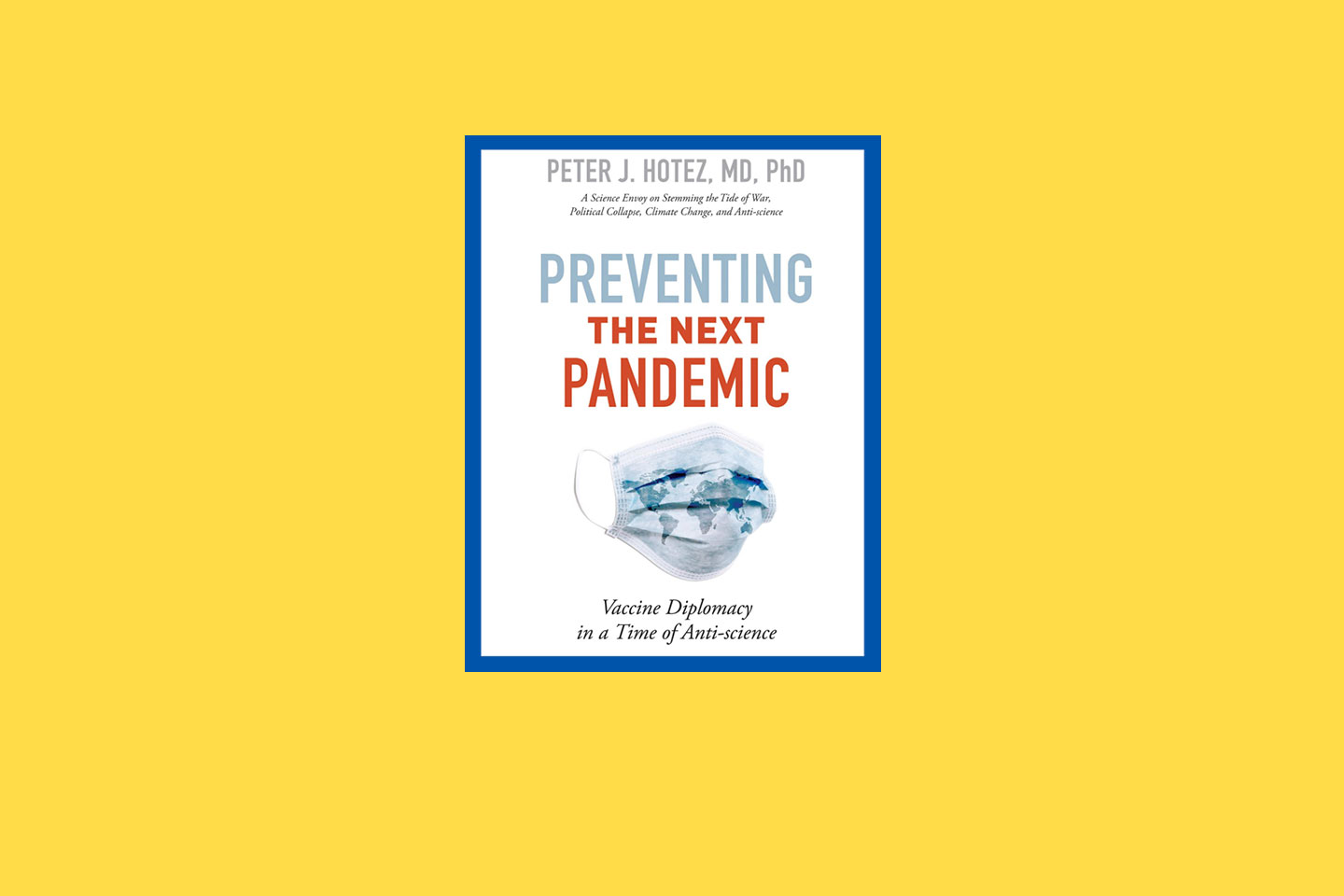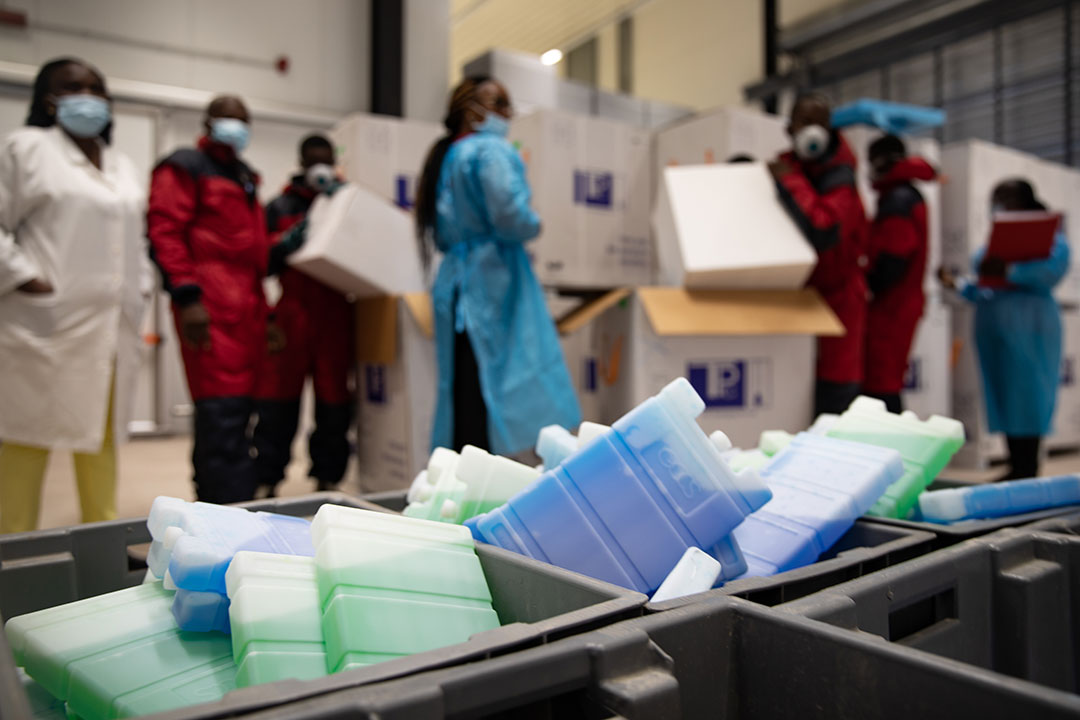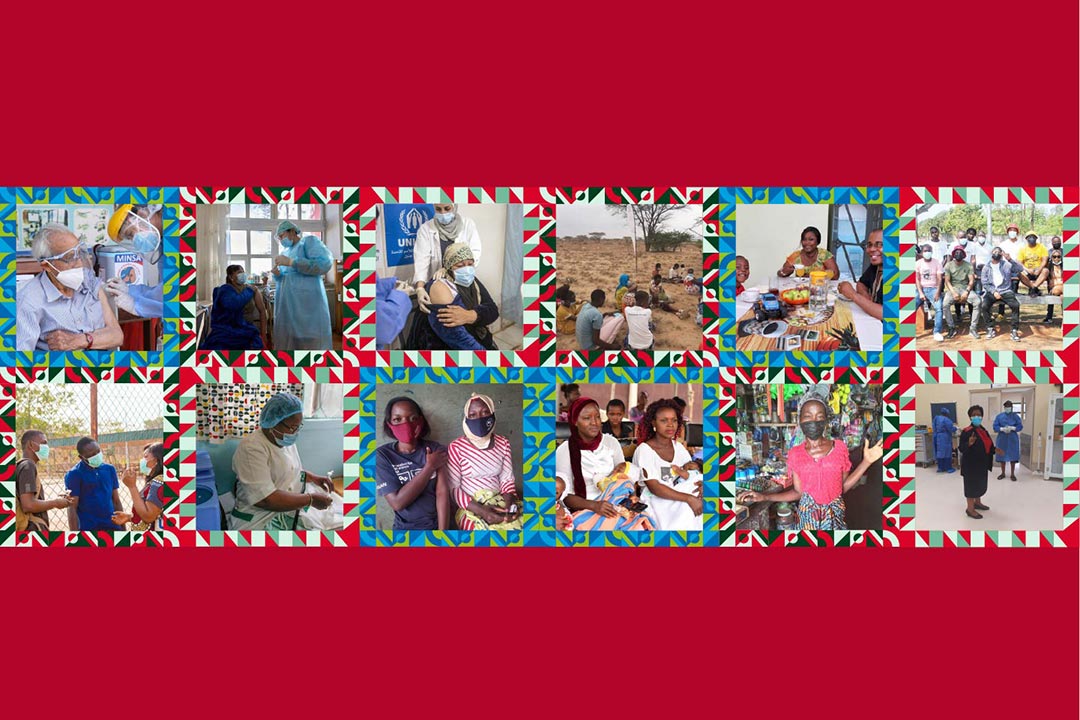Review: Preventing The Next Pandemic: Vaccine Diplomacy in a Time of Anti-Science
Dr Peter J. Hotez’ timely and important book underlines the fact that we need vaccine diplomacy now more than ever to overcome threats to our health.
- 12 October 2021
- 3 min read
- by Elinore Court

War, conflict, poverty, urbanisation, climate change and the anti-vaccine movement are all 21st century forces that have caused declines in global health and an increased risk of disease outbreaks. With so many factors causing infectious and tropical diseases to emerge or return, Preventing The Next Pandemic: Vaccine Diplomacy in a Time of Anti-Science by Dr Peter J. Hotez is a fascinating and timely read about the importance of vaccine diplomacy to address these urgent challenges.
Now is the time to elevate not just the role of science, but also the diplomacy that must come with it.
Dr Hotez outlines why, since 2015, we've seen a “decline of global cooperation and cohesion to the detriment of those programs that are meant to benefit the most vulnerable people in the world”.
There are many examples that outline how political instability has a direct impact on vaccine-preventable diseases. Measles was declared eliminated from the Americas in 2016 but in Venezuela the collapse of the economy “interrupted and disabled its health system allowing measles to come roaring back”. When a country is in crisis, we often see the direct impacts without considering the secondary effects it has on vulnerable children. This has been exacerbated by COVID-19 and the ensuing, unprecedented shock to the global economy.
Have you read?
During the Cold War, the US and the USSR put aside their political differences to develop and test a new oral polio vaccine. This paved the way for global access to the oral polio vaccine and remains a powerful example of vaccine diplomacy. So how do we apply those lessons to other global health threats including COVID-19?
Dr Hotez makes the case for implementing an “anticipatory system”, in which nations prioritise vaccine diplomacy to avoid the “scramble to rapidly develop, test, license and distribute vaccines” during a crisis.
I found the book to be an interesting examination of what has worked well in the past and what needs to be done to restore global cohesion. It will shift your perception of how sociopolitical and environmental factors trigger and drive global health threats, and how vaccine diplomacy creates a framework for international scientific cooperation and collaboration.
Vaccine diplomacy has been quietly driving vaccine development, science innovation and the response to deadly diseases. As Dr Hotez says, it has allowed us to “wipe out three of our greatest plagues while promoting peace and scientific cooperation”. As we race to end the current pandemic and look ahead to future crises, now is the time to elevate not just the role of science, but also the diplomacy that must come with it.








